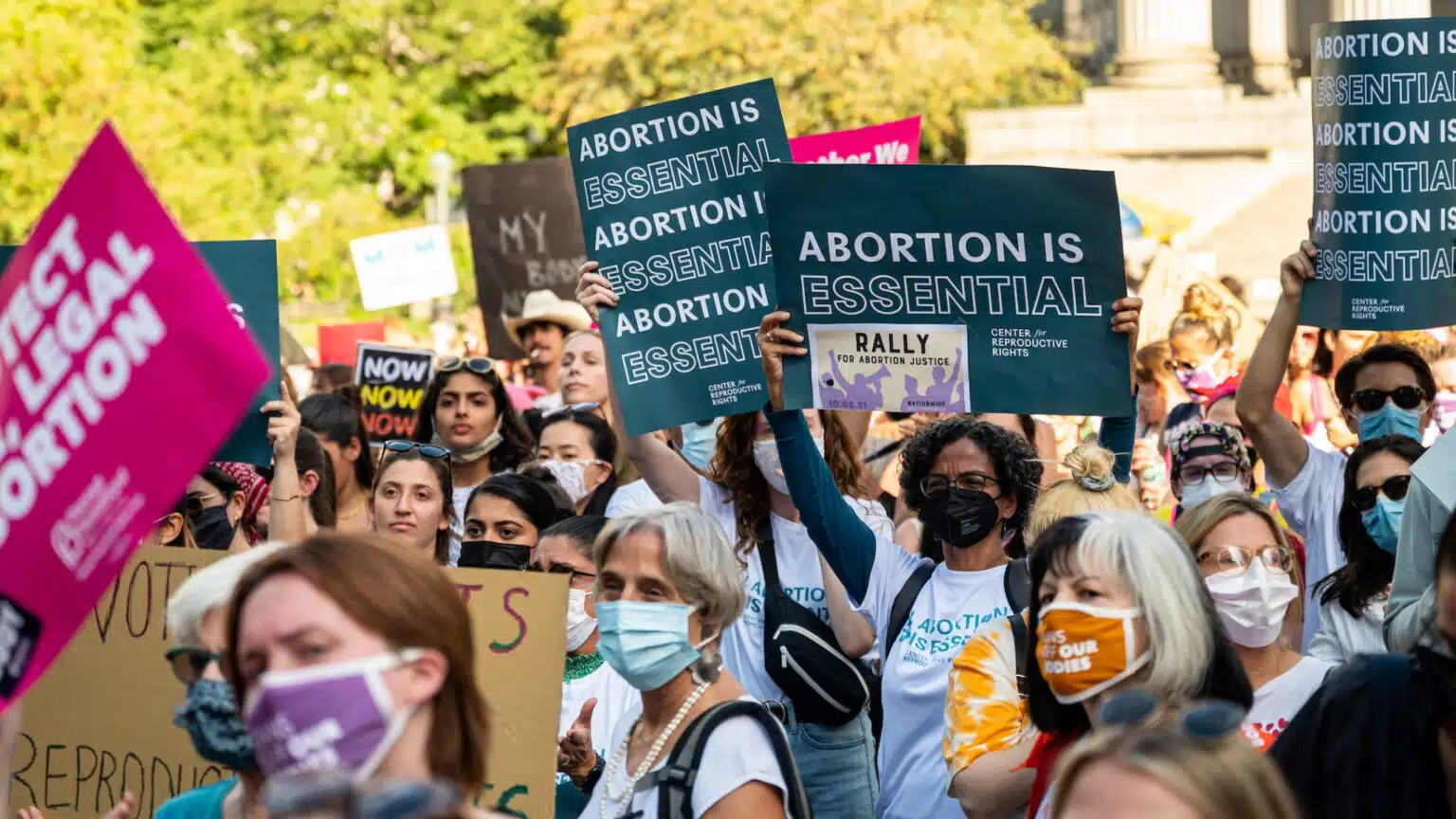A faith-based clinic argued that this provision violated their constitutional right to religious freedom, and a U.S. District Court judge initially issued a temporary restraining order in their favour but later decided not to issue a longer-term injunction against the law.
In recent months, Colorado passed a bill aimed at protecting reproductive rights. However, one aspect of the bill faced opposition from a faith-based clinic, which argued that it violated their constitutional right to religious freedom.
Abortion Reversal: A Controversial Practice
Specifically, the provision in question pertains to healthcare providers who prescribe progesterone to reverse medication-induced abortions and subjects them to professional discipline. While supporters of abortion reversal argue that it is a safe option, opponents argue that it lacks scientific basis and puts women’s health at risk.

Bella Health and Wellness, the clinic in question, filed for relief from this provision, stating that it was unconstitutional. They represented that they were assisting at least one patient under this course of treatment. A U.S. District Court Judge Daniel Domenico of Colorado initially issued a temporary restraining order in favour of Bella Health, but later decided not to issue a longer-term injunction against the law.
Constitutional Protections: Balancing Reproductive Rights and Religious Freedom
The judge of Colorado District Court noted that the mere presence of an arguably unconstitutional law on the books is not enough to warrant extraordinary judicial intervention without some other threatened consequence. However, if the state changes its position and subjects Bella Health to fines or license suspensions, the clinic would have grounds for further legal action.

The legal challenge to this bill highlights the importance of upholding the constitutional protections for both reproductive rights and religious freedom. While the issue remains contentious, it is important to balance the two to ensure that individuals have the freedom to make decisions about their bodies, while also allowing individuals to practice their religious beliefs without undue interference from the government.
The Fate of the Colorado Bill: Determined by Medical Boards
Ultimately, the fate of Colorado’s bill will depend on the decisions of the state’s medical, nursing, and pharmacy boards. These boards will need to determine whether abortion reversal is a safe and acceptable practice, or if it lacks scientific basis and puts women’s health at risk. Based on their findings, the provision subjecting healthcare providers to professional discipline may be upheld or struck down.

Regardless of the outcome, the legal challenge to this bill serves as a reminder of the ongoing debate over reproductive rights and religious freedom in America. While these two values may sometimes appear to be in opposition, it is important to remember that both are fundamental to
the fabric of our society. By balancing these values and respecting the rights of all individuals, we can create a society that values personal autonomy and religious freedom, while also protecting the health and well-being of all people.
the legal challenge to the Colorado bill highlights the ongoing tension between reproductive rights and religious freedom. As the fate of the provision subjecting healthcare providers to professional discipline remains uncertain, it is important to balance these values and respect the rights of all individuals to make decisions about their bodies while practising their religious beliefs.













